Arab refugees return home following revolutions
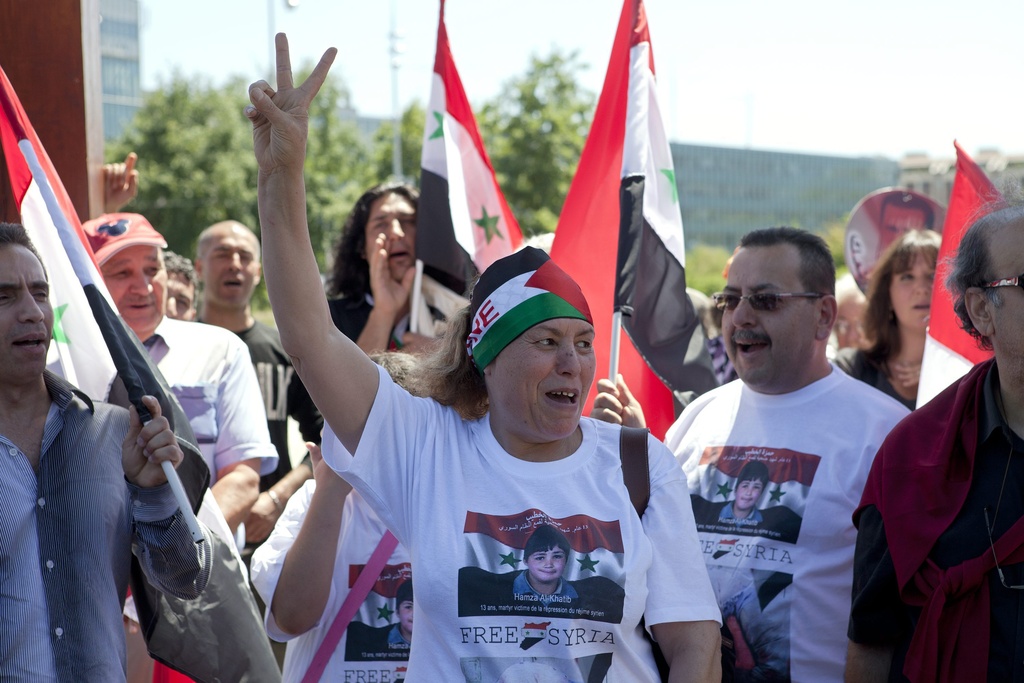
This summer, many Arab families living in Switzerland returned to their home countries, including Libya, Tunisia, and Egypt, where uprisings have been taking place.
Whether that return is temporary or permanent undoubtedly depends on developments in these countries and the outcome of the transitional period they are going through.
For a long time, Switzerland has been known as a country of immigration and a haven for those seeking security and stability. Thousands of Arab nationals have emigrated to Switzerland, particularly since the 1960s.
But the fall of despotic and corrupt regimes and the resurgence of hope among the peoples in the Arab region may limit the number of Arab refugees to Switzerland in the medium and long term.
Concerns about a mass influx of refugees from the countries that witnessed the Arab spring revolutions, to Europe and especially Switzerland, have proved false. So far the influx has been limited to small numbers of young, adventurous Tunisians and a relatively limited number of foreign nationals who were working in Libya.
Positive change
Optimism about the future in these Arab countries – despite an acute awareness about the immense challenges – is a common denominator among the returning immigrants who spoke to swissinfo.ch.
Essam Hassi, a Libyan refugee living in Vevey in canton Vaud, who returned to his country after 15 years, said that the February 17 revolution had brought about “a radical change” in the structure of society and people’s mentality, and had had a profound impact on both the psychological and social levels.
“It has released an unrivalled political, cultural, military, and social activity,” said Hassi, who visited Benghazi, the cradle of the Libyan revolution.
“I saw military leaders who did not study in military colleges, but led the battle ably. I saw young men yearning for freedom, not fearing death. I found relief organisations, political bodies, and media organisations led by young people. I saw volunteers cleaning streets and guarding public institutions.
“One of the most wonderful things was a little child of no more than 12 years of age wearing a traffic warden uniform and organising the traffic. People were carrying out his instructions with all discipline and respect,” Hassi said.
“The 17 February revolution returned to the Libyan people the morals and deep-rooted values which were missing for four decades,” Hassi said.
Concerns
Egyptian playwright Umar Ghayat, who lives in Zurich and returned to his country five months after the January 25 revolution, was less positive about the changes he saw.
He attributes this to the fact that “Egyptians had lived since the 1952 revolution under the despotic rule of one individual, and suddenly found themselves in a state of freedom and democracy.”
“It was like someone driving a car for the first time in his life, resulting in injuries, some of them serious.” Ghayat concluded that Egyptians needed time to be able to deal properly with the new situation.
Ahmed Wahid, an Egyptian doctor from Fribourg, spoke about what he saw after the revolution that toppled Hosni Mubarak’s regime.
“The Egyptian people still have a lot of concerns, some of which are related to the trial of figures of the former regime, and others to security, economic stability, and high prices,” he said.
According to Wahid, the Egyptian people’s priority is to ensure a fair trial for the figures of the former regime.
Taher al-Qal’i, a Tunisian living in Biel in canton Bern who works as a financial advisor, says that the concerns of the Tunisian people today are represented in “the fear of a repeat of the experience of 1988 when the democratic transformation promised by former Tunisian President Zine El-Abidine Ben Ali when he came to power was aborted”.
Optimism
Everything surrounding the revolutions encourages optimism, according to Wahid, who finds that “the changes that took place in Egypt are deep and real, and the figures of corruption have begun to fall or their grip on society has eased”.
Hassi is confident that “the future is bright not only in Libya, but also in the whole region, and Arabs will present a new model for the whole world”.
But the road is long and full of challenges. The Arab people need patience and determination to resist falling back, he believes.
And this bright future is dependent on the performance of the new elites and how close or far they are from the concerns and aspirations of their peoples.
Egyptian playwright Ghayat says that the elite in Egypt is now completely out of touch with the majority of Egyptians.
“They speak on behalf of their people without any authority as if they have replaced the dictatorship of the regime with the dictatorship of the elite. They have completely forgotten that it was the people, not the elites, who made the revolution.”
Lessons from Swiss
Hassi sees several ways in which Switzerland can serve as an example to the Arab countries which are undergoing transition. Among these are “economic security and social order, strict laws protecting citizens, and the culture of dialogue”.
“The Swiss experience remains a model for Arab societies, and proves that progress and economic prosperity can be achieved despite limited natural resources by focusing on innovation, advanced education, human development, and sustainable development,” added the Tunisian al-Qal’i.
Ghayat emphasises that “the federal element in the Swiss experience, which ensures the cohesion of social fabric and national unity despite the religious, linguistic, cultural, and ethnic diversity, is the most important element that can be lifted from the Swiss experience”.
Switzerland – through official institutions, civil society and NGOs – operates on several levels to support the Arab revolutions and to assist in making democratic transition successful. Swiss contributions in this area include:
Freezing assets of Arab rulers
This measure affected ousted Tunisian President Zine El-Abidine Ben Ali and 40 people close to him. Swiss officials believe that the deposits of the Tunisian president amount to about SFr60 million.
The Swiss government also froze the assets of Egyptian President Hosni Mubarak, his family and part of his entourage. Those assets are estimated at about SFr410 million.
In addition, the Swiss foreign ministry on May 2, 2011 froze assets linked to the fugitive Libyan leader Moammar Gaddafi. These assets were estimated at around SFr360 million. The assets of Syrian President Bashar al-Assad and 14 Syrian officials were frozen and they were denied entry visas to Switzerland.
Security apparatus reform
The Geneva Centre for Democratic Control of Armed Forces intensified its contacts with the Arab countries witnessing democratic changes to help them reform their security apparatuses to serve the people instead of serving the new political system.
Establishing peace in conflict areas
Swiss Peace has organised several roundtables attended by a group of specialists and civil society activists in the countries that witnessed revolutions. This organisation cooperates closely with the foreign ministry. It seeks through the roundtables it organises to listen to local parties, hold discussions, exchange points of view, and reach a common understanding.
Support
Three Swiss organisations, namely Terre des hommes, which operates in the field of child protection, Hirondelle, which works in the area of media reform in countries going through democratic transition, and Drosos, which operates in almost all Arab countries, were unanimous in praising the Arab Spring.
Hirondelle seeks through its support of many Tunisian radio stations to “develop a code of conduct and an election charter, and prepare an agenda of programmes related to the coming elections that gives equal time to all parties and gives the people opportunities to express their opinions”.
(Adapted from Arabic by Muhammad Shokry)

In compliance with the JTI standards
More: SWI swissinfo.ch certified by the Journalism Trust Initiative
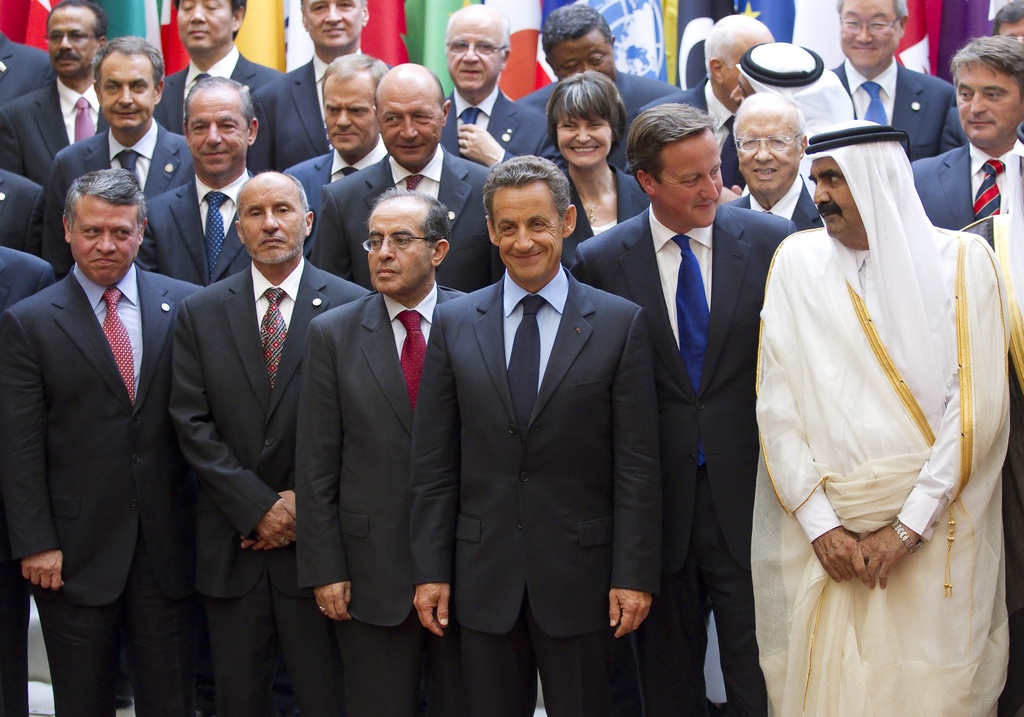
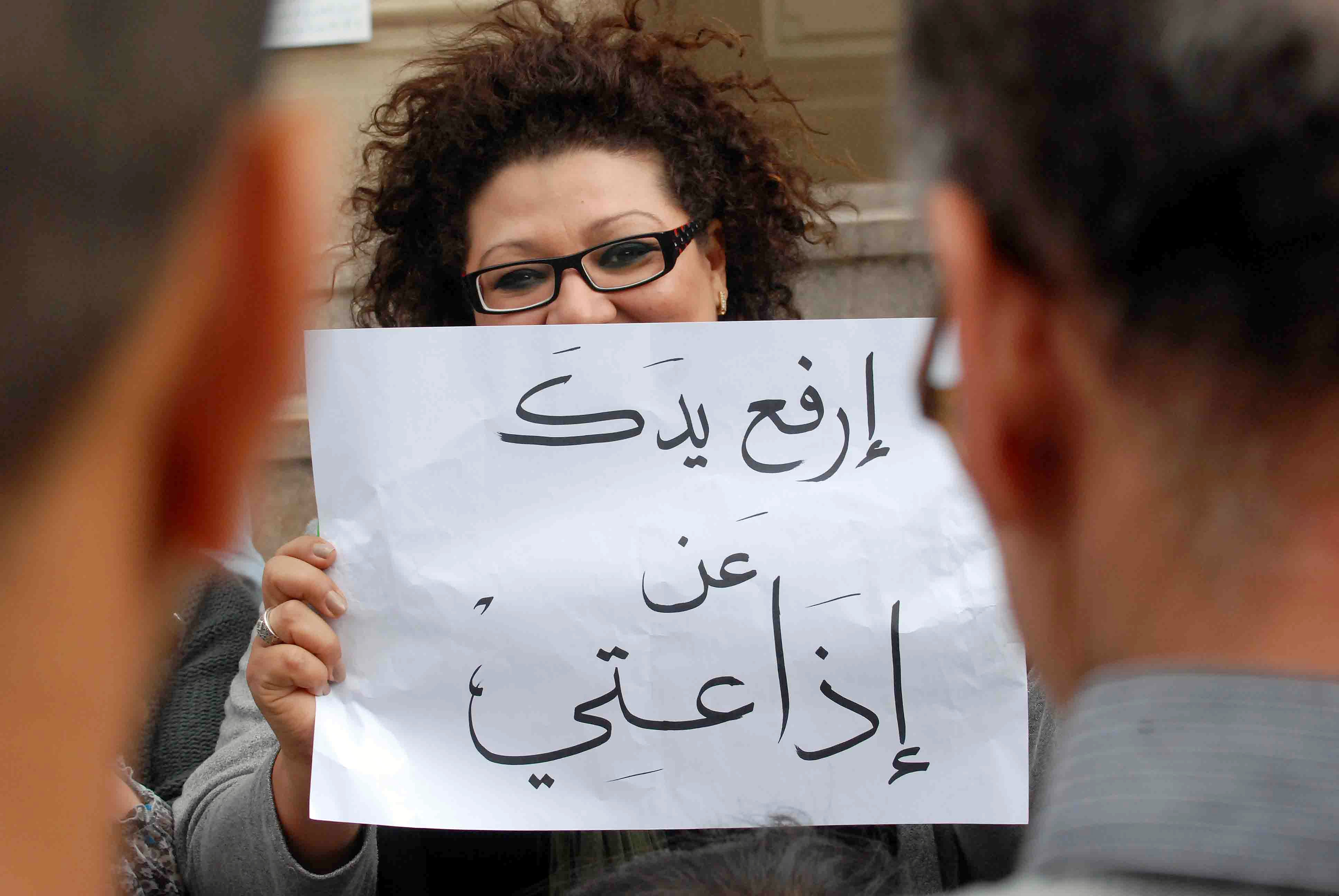
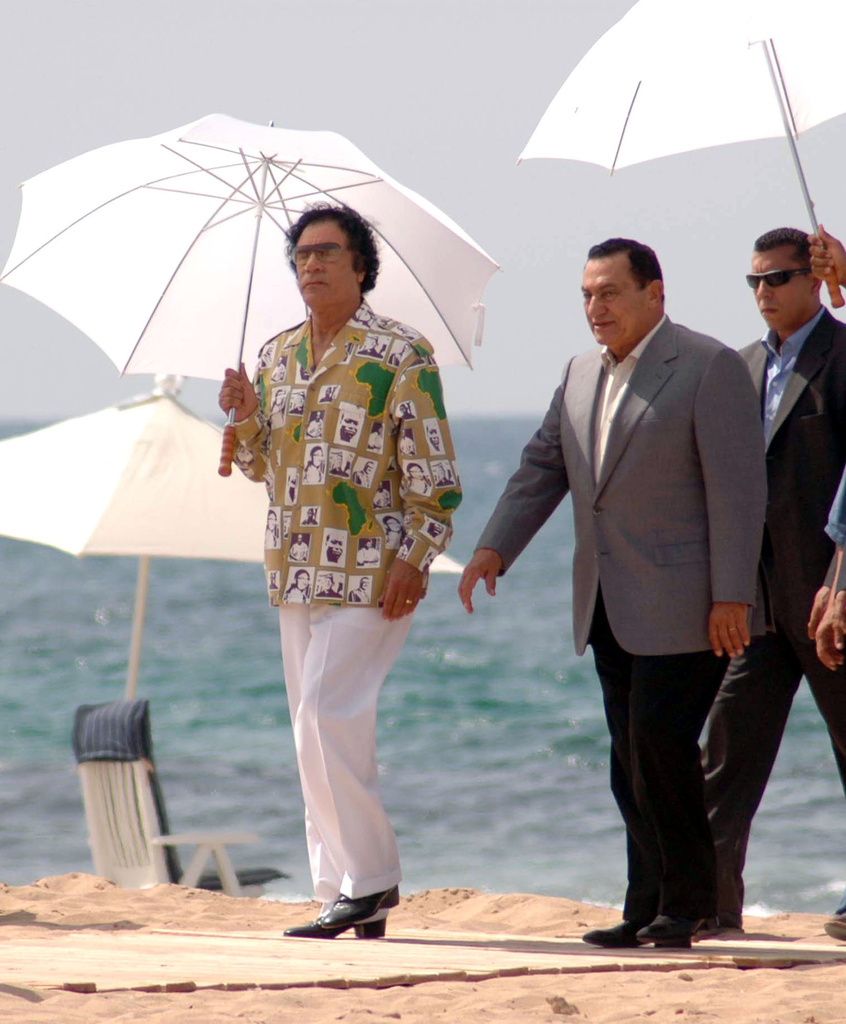
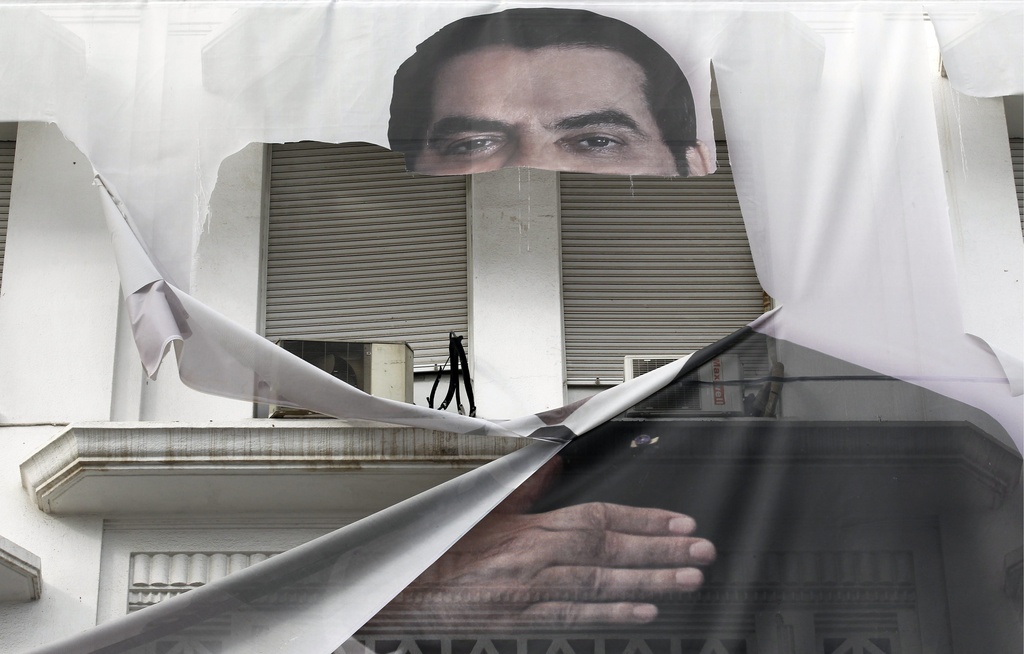
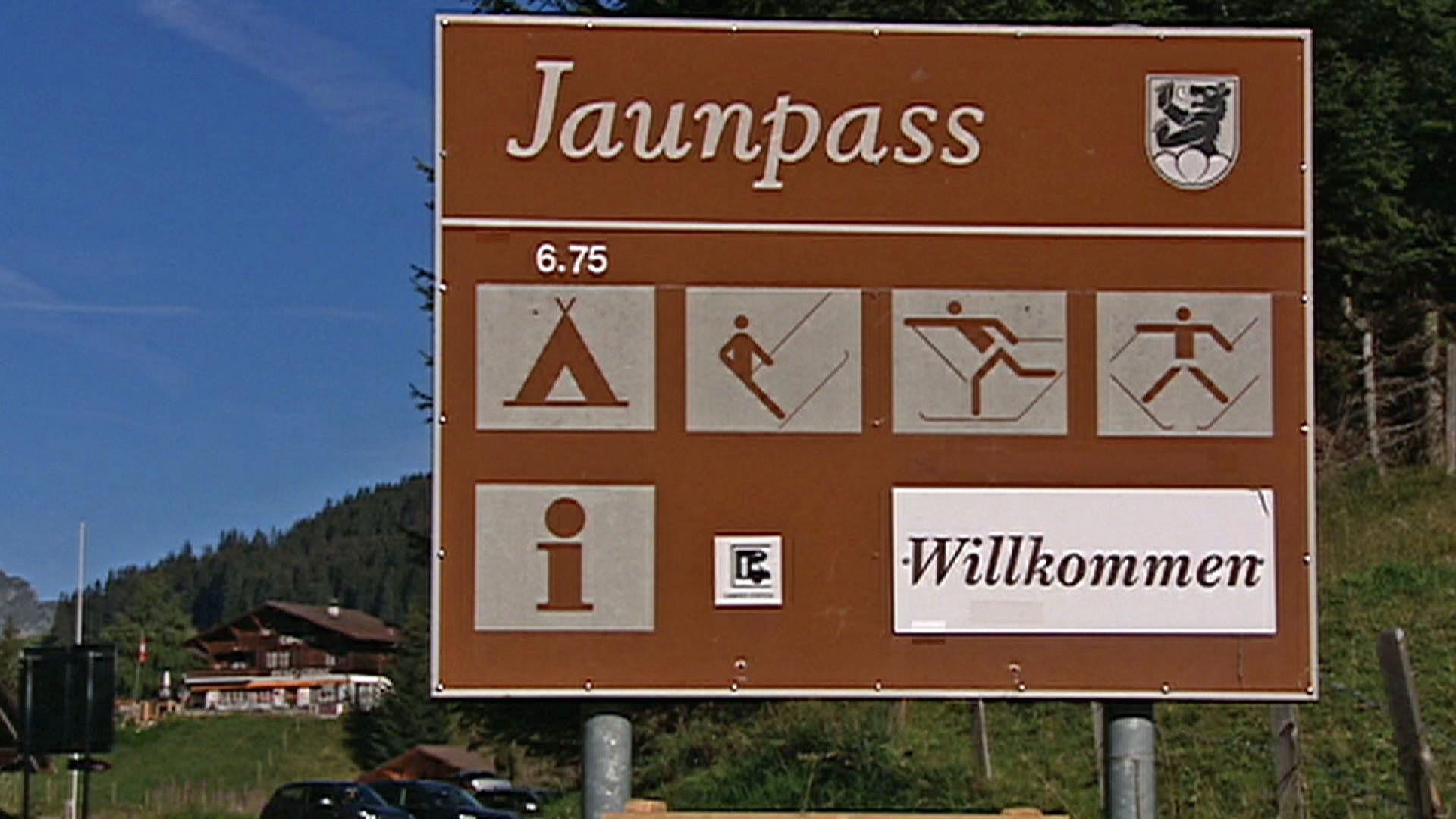
You can find an overview of ongoing debates with our journalists here. Please join us!
If you want to start a conversation about a topic raised in this article or want to report factual errors, email us at english@swissinfo.ch.